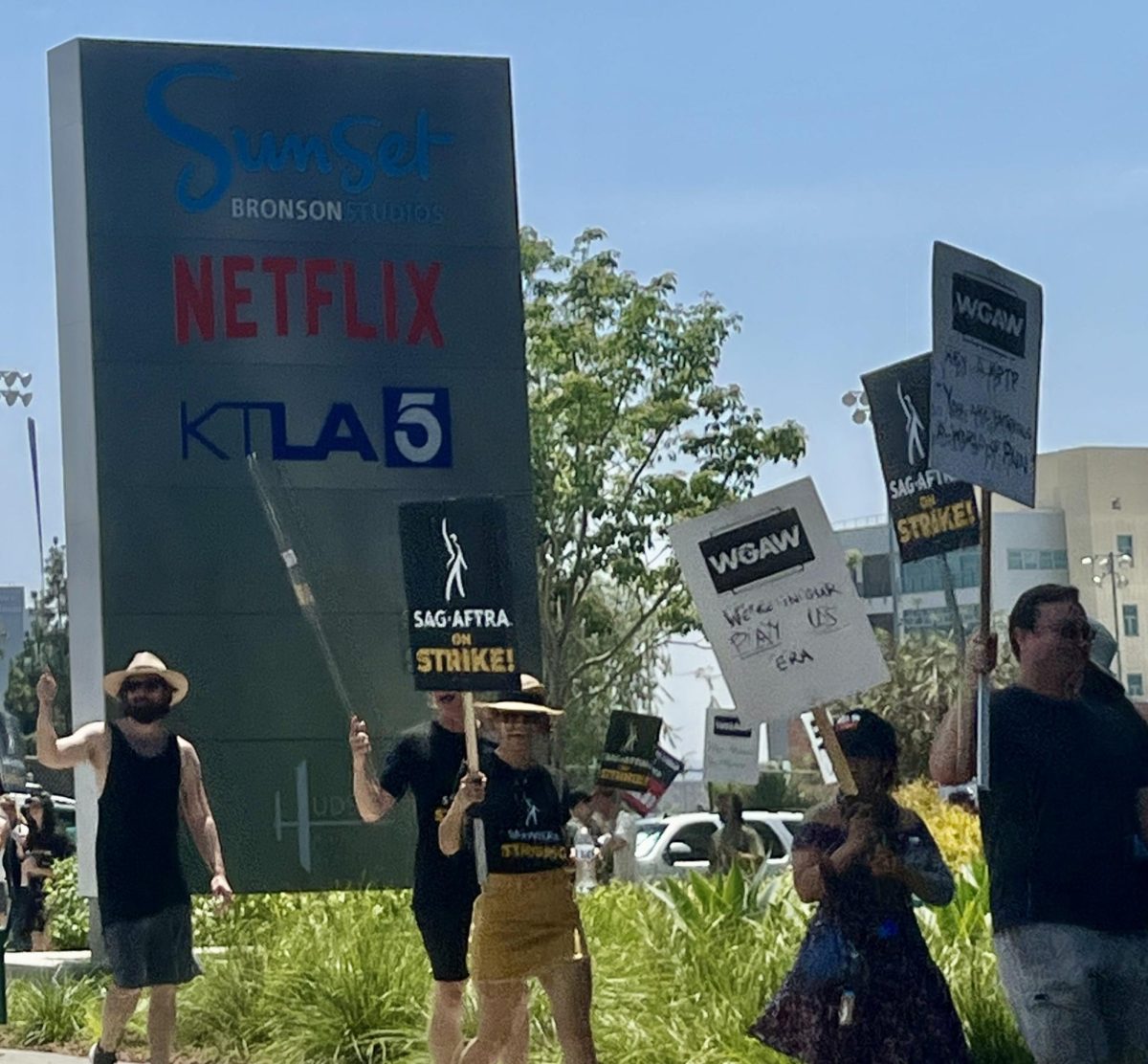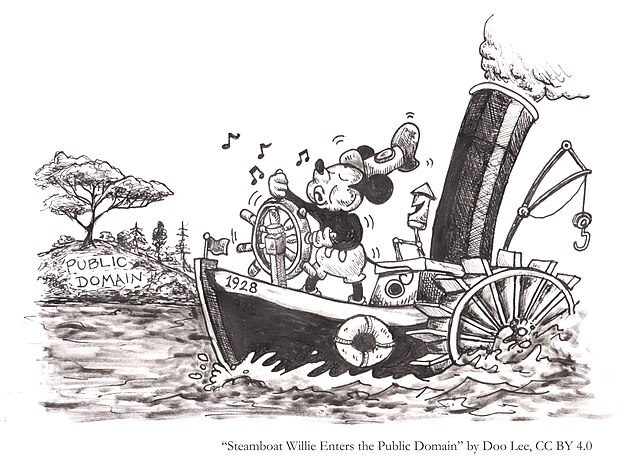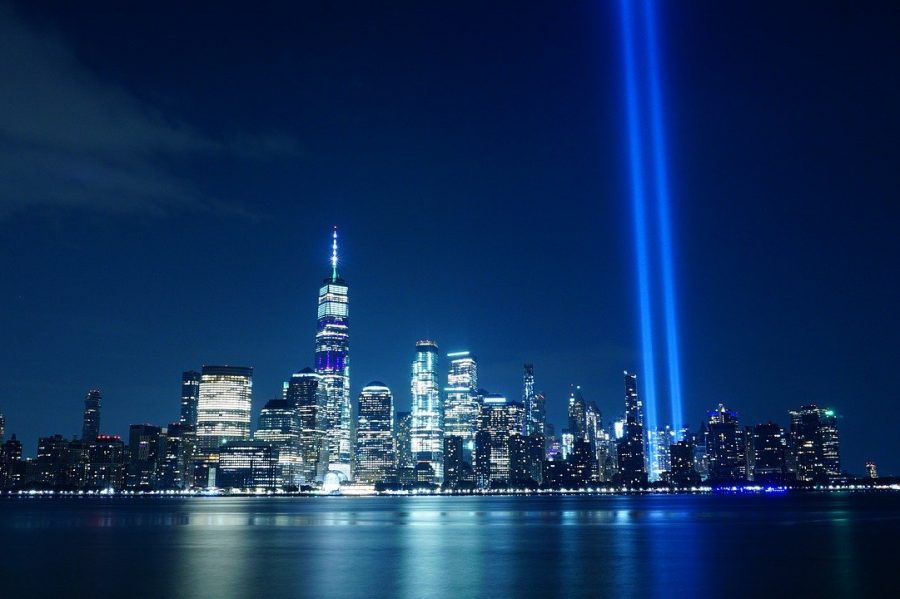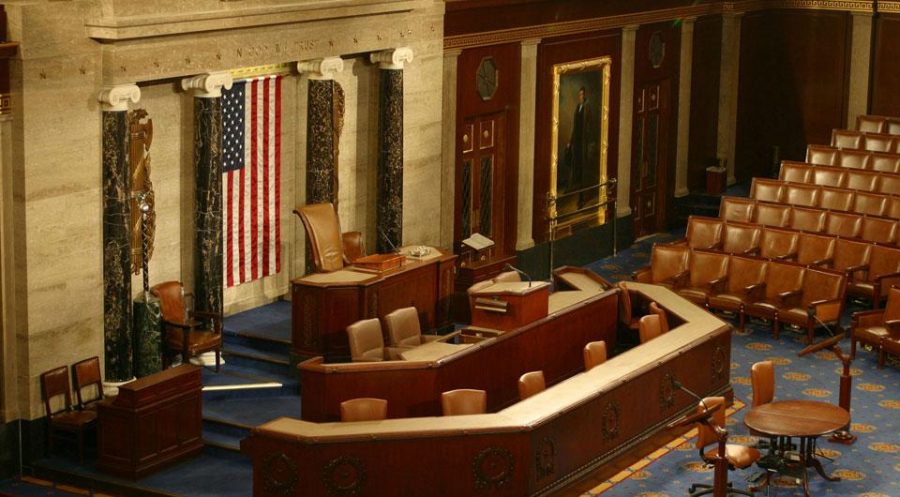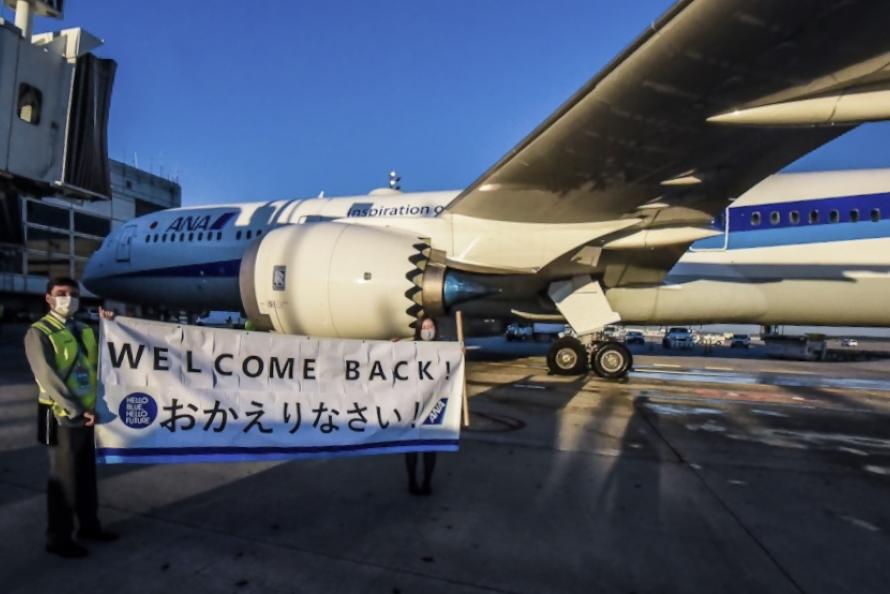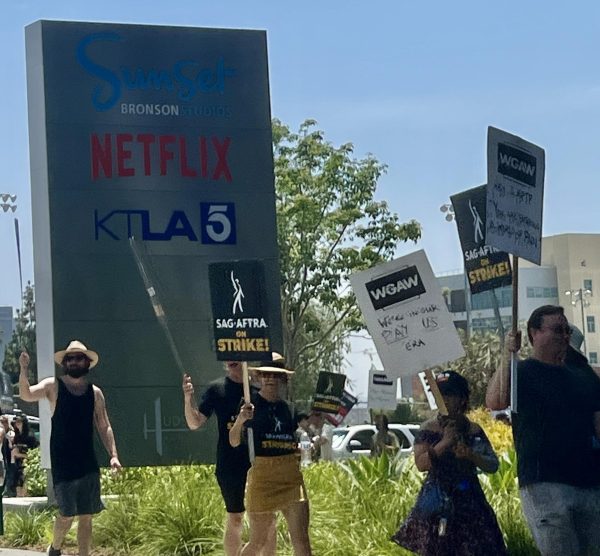
To go on strike is a collective assertion of discontent aimed at advocating for an improved version of what is flawed with one’s job. This year, the beloved actors and writers of Hollywood went on strike in hopes to fix what is wrong with the entertainment industry, lasting 148 days for writers, and 118 days for the Screen Actors Guild – American Federation of Television and Radio Artists (SAG-AFTRA).
Before the strike fully began on March 14, the Writers Guild of America (WGA), a media organization of two different labor unions that represents writers for films, television, radio and online media released a report titled “Writers Are Not Keeping Up”. The report highlighted how writers’ compensation has been negatively affected by the rise of streaming services, and their overall pay being lowered while budgets for projects continue to grow so studios can keep more money for themselves.
With these problems, the WGA demanded an increase in minimum compensation in every area of media, increased residuals, increased contributions to pension and health plans, compensation for series from pre to post production and the strengthening of professional standards and the overall protections for writers.
Similar to writers, actors fought for increased residuals due to the impact of streaming services, and refused the allowance of Artificial Intelligence (AI) to be used in films to mimic an actor’s likeness, their fear being they would inevitably end up being replaced by AI altogether.
The writers strike officially began on May 2, and became the second longest strike in Hollywood, after the 1988 strike that lasted 153 days. SAG-AFTRA followed soon after on July 14 with their strike. Both of these strikes would end up impacting the year’s earnings by $500 million.
Writers refused to write for any movie or show, and actors did not promote or act in movies, which left studios standing there scratching their heads with a blank script and no actors. With no actors or writers showing up to work, they obviously couldn’t make any money, but them not showing up also led to a lot of movies and shows having their release date moved to a later date, or delayed indefinitely. “Dune: Part Two” which was originally planned to come out November 17, now it plans to come out March 15, 2024. “The Batman: Part 2” has had its filming postponed until next year, an exact date unknown, and season two of “The Last Of Us” has had its writing suspended. These are just a few of the many movies and shows that were affected by the strikes.
Movies and shows weren’t the only things that were affected by the two strikes though. Many Festivals, conventions and award shows were affected in the process. The 27th American French Film Festival was canceled, and the 46th Mill Valley Film Festival chose not to have promotions from struck companies. The 75th Primetime Emmy Awards ceremony was delayed to January 15, 2024, and the 50th Daytime Emmy Awards was delayed to December 15.
Through the span of seven months, the WGA had many meetings and negotiations with the studios in hopes of coming to a fair agreement and the conditions to their offer being met, but the executives continued to either decline their offer or simply walk out of meetings. However, on September 26, leadership announced that they voted to recommended to ratify the contract. With that, the writers’ strike would finally end on October 9 with 99% of WGA members voting in favor of the new contract. But what about the actors?
Much like the WGA, they had many negotiations with the studios over the span of multiple months, attempting to give them a fair offer, but much like with the writers, the executives refused to accept the actors offer. And then on September 8, SAG-AFTRA announced that a tentative agreement was met and approved, and this suspended their strike on September 9. Voting among SAG-AFTRA concerning the agreement began on November 14 and is planned to end on December 5. And with that, the nightmare is over.
With everything that has happened during these two strikes, only time will tell if this will be the last strike in Hollywood, or if history will continue to repeat itself as it has done many times before, and Hollywood executives driven by greed will continue to mistreat their actors and writers.

